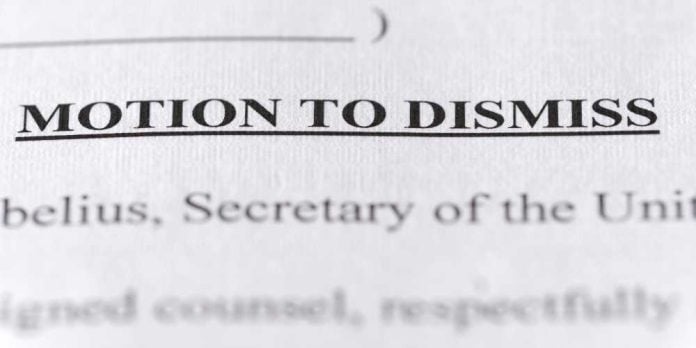A Delaware judge dismissed the contentious lawsuit between geolocation services XPoint and GeoComply. Judge William Bryson approved XPoint’s motion to dismiss last Friday with prejudice. The portions of the case relating to patent infringement were dismissed, however, the areas related to non-infringement were not.
As Bryson explained in his opinion, GeoComply’s patent is too broad and general to be applicable.
“Even outside the gaming context, the idea of using multiple sources of information to verify a person’s location is a longstanding business practice,” Bryson wrote.
“The first problem with that argument is that the invention recited in claim 1 is largely generic in nature. At the outset, the claim refers to “collecting geolocation data associated with the first device,” without specifying what that geolocation data is or how it is to be collected. The claim then recites “identifying that one or more selected programs are present at the first device,” without specifying, even by category, what those programs are or how they are to be identified. And finally the claim calls for a “geolocation message” that is “generated at least in part from the geolocation data and a list of the present selected programs,’ without specifying what that message will contain or how the second server will use the collected data to generate useful geolocation information,” he elaborated.
The judge also referenced two related cases, CG Tech v FanDuel and Beteiro v BetMGM, where there was an alleged patent infringement on very broad concepts related to online gambling. In both examples, the patents were deemed too broad to be applicable.
“We are extremely pleased with Judge Bryson’s ruling. From the beginning of this litigation, Xpoint has maintained that it has conducted its business legally and appropriately. As a company, we remained confident that we would prevail in this matter as GeoComply’s allegations were false, meritless, and a thinly veiled attempt to improperly maintain its monopoly on the gaming geolocation marketplace,” said Marvin Sanderson, Xpoint CEO.
“Xpoint appreciates the District Court’s well-reasoned dismissal of GeoComply’s meritless allegations. By granting Xpoint’s motion to dismiss, and invalidating GeoComply’s only United States patent in the process, Judge Bryson ensured that the United States geolocation market remains open for competition and soundly rejected GeoComply’s anti-competitive lawsuit,” an Xpoint spokesperson added.
“The court’s decision reiterates what Xpoint has maintained all along: GeoComply’s lawsuit was simply a desperate attempt to stifle competition and innovation in order to maintain its market position. Xpoint has and will continue to innovate, expand, and disrupt the geolocation marketplace. Disruption and change of any industry usually leads to attacks like the one we experienced from GeoComply, and Xpoint will continue to aggressively defend its rightful place in the market.”
While the ruling was a loss for GeoComply, the company is not throwing in the towel just yet. A GeoComply spokesperson provided the following statement to SBC Americas:
“When we embarked on this process, as with any serious litigation, we did so with full awareness that there would be twists and turns along the way. So far it has not failed to deliver on those fronts. Many questions have been exposed that remain unanswered, including the publicly available 2022 third-party report which concluded that XPoint is ‘directly copying the [GeoComply] code.’
“It is important to note that today’s decision only concerns technical patent matters. It does not address any of the various other troubling matters identified in the 2022 report and elsewhere. All of those questions will be answered. We respectfully disagree with this particular decision and are evaluating next steps in all available forums.”








